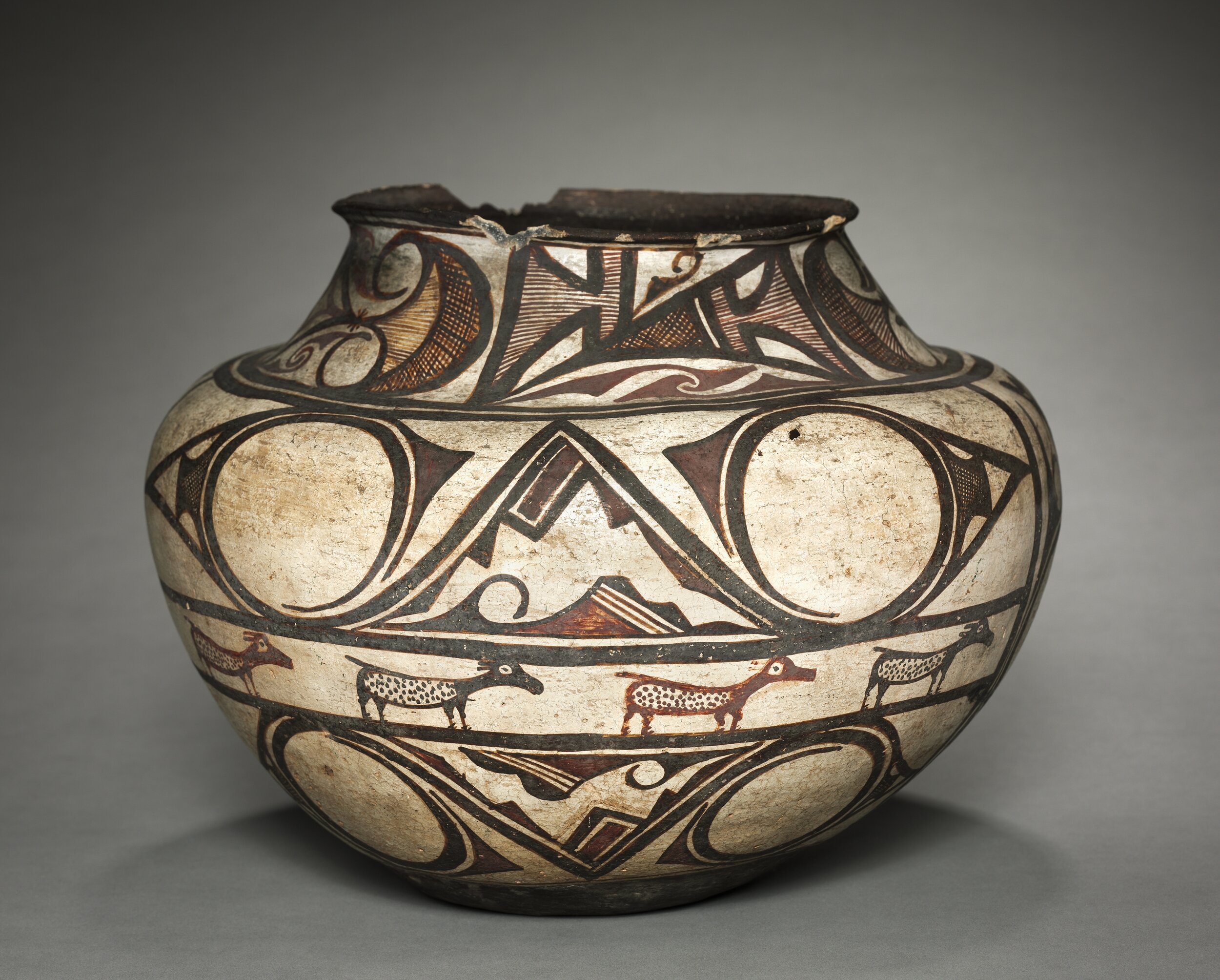ATADA, the Authentic Tribal Art Dealers Association, believes it is crucial to honor Native American traditions, to ensure the health and vitality of tribal communities, and to respect the tribes’ sovereign rights. That is why both ATADA and the Acoma Pueblo worked with New Mexico Congressman Steve Pearce when he introduced a 2018 bill, H.R. 7075, The Native American and Native Hawaiian Cultural Heritage Protection Act.
H.R. 7075 was a far better bill. It was supported by Acoma Pueblo and ATADA. It addressed many of the same goals as the current STOP Act. It banned the export of illegal items. It enabled tribal review. Unlike STOP’s burdensome export system, which would have to be created from scratch, H.R. 7075 used a permitting process already familiar to Customs and provided for a more user-friendly certification process.
Importantly, it preserved the rights of all Americans to due process – which STOP does not.
That compromise has been rejected by Acoma’s new leadership. STOP substitutes a vague, start-from-scratch permitting system, without public accountability. In fact, STOP would explicitly restrict export of commercial items at the discretion of the tribes.
ATADA supports legislation to preserve tribal heritage. Wouldn’t it be better to amend STOP, using the 2018 Native American and Native Hawaiian Cultural Heritage Protection Act as a model acceptable to all?
ATADA should be judged by its actions. In 2016, ATADA created the Voluntary Returns Program, a community-based initiative that has so far brought over 300 sacred and highly valued ceremonial objects to Native American tribes, completely free. Returns take place through a consultative process in which ATADA representatives work directly with community and spiritual leaders of Native Nations. ATADA is truly committed to bringing sacred objects back to tribes.

